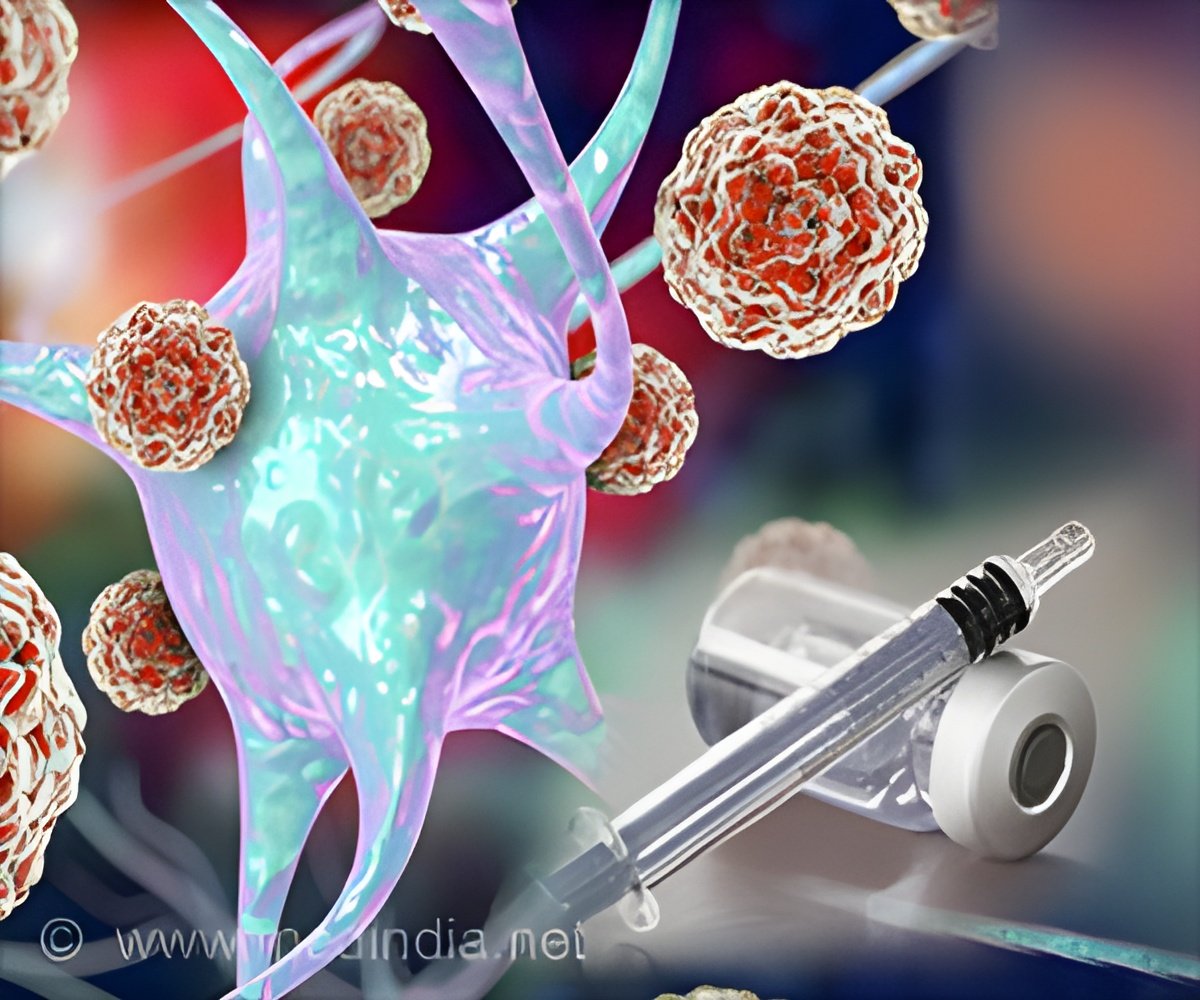Immunotherapy can fight cancer more effectively, offer long-term protection, have fewer side effects, and can benefit more patients with more types of cancer.

Over the last few years, immunotherapy has become an important part of treating some types of cancer, but is not yet as widely used as surgery, chemotherapy and radiation therapy. Unlike other cancer therapies that target the tumour directly, immunotherapy works by recruiting immune cells that target the disease instead.
Owing to the immune system's unique properties, immunotherapy for cancer may hold greater potential than the current treatment approaches. It can help fight cancer more effectively, offer long-term protection against the deadly disease, have fewer side effects, and can benefit more patients with more types of cancer.
Normally body cells grow and divide to make new cells, and then die in an orderly way. Cancer starts when cells in a part of the body begin to grow out of control. Cancer cell growth differs from normal cell growth as instead of dying, cancer cells continue to grow and form new and abnormal cells. One reason that cancer cells thrive in the body is because they are able to hide from the immune system.
The immune system is a complex network of cells, tissues, and organs that work together to protect against disease or other potentially damaging foreign bodies. The immune system’s ability to detect and destroy abnormal cells may prevent the development of many cancers. However, some cancers are able to evade the immune system.
The cancer cells produce signals that reduce the immune system’s ability to detect and kill tumor cells. At the end of a normal immune response, the immune system produces some signal molecules that suppress itself. This is probably what the cancer cells do, to shut off the immune system. They evolve the ability to produce some of the chemicals that would normally dampen the immune response.
Some truly exciting researches are happening in the field of immunotherapy. Data presented at the American Society of Clinical Oncology (ASCO) meeting revealed that advanced melanoma skin cancers (shrank when two immunotherapy drugs were given in combination. The UK-led research team used a combination of Nivolumab and ipilimumab to treat patients with advanced melanoma.
Also, immunotherapy is an expensive affair. The research team reported far more severe immunotherapy side effects as a result of the combination of treatments. The associated toxicities were manageable with steroid treatments and no treatment-related death was noted during the study period in the dual therapy group.
Long-term side effects are another major concern of this combination immunotherapy. Researchers are concerned if the change to the immune system could increase the risk of autoimmune diseases. So far the side effects seem to appear only during the treatment period, but long-term follow of patients who responded to immunotherapy has not taken place.
The study has been published in the New England Journal of Medicine.
References
http://scienceblog.cancerresearchuk.org/2015/06/05/asco-2015-round-up-immunotherapy-continues-to-come-of-age/
http://www.cancerresearch.org/news-publications/our-blog/may-2015/asco-2015-report-from-day-3
Source-Medindia











